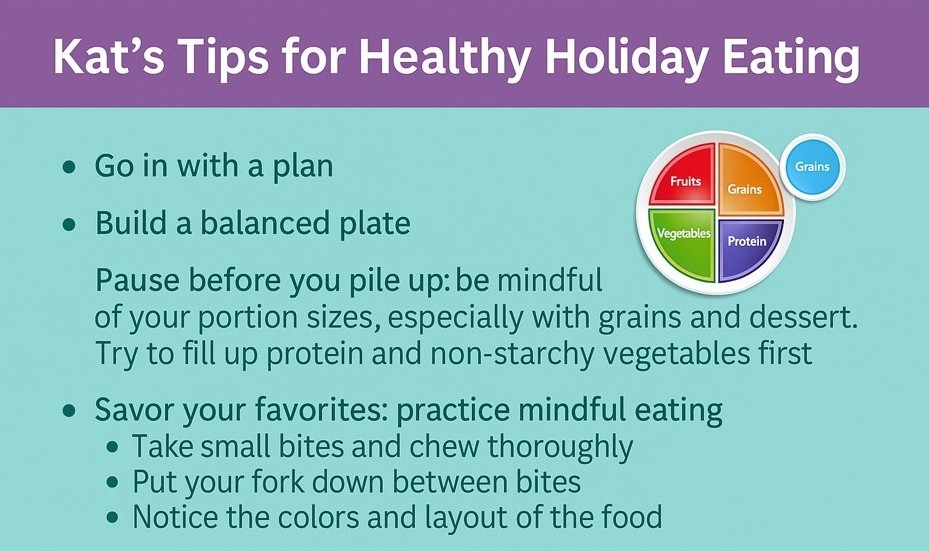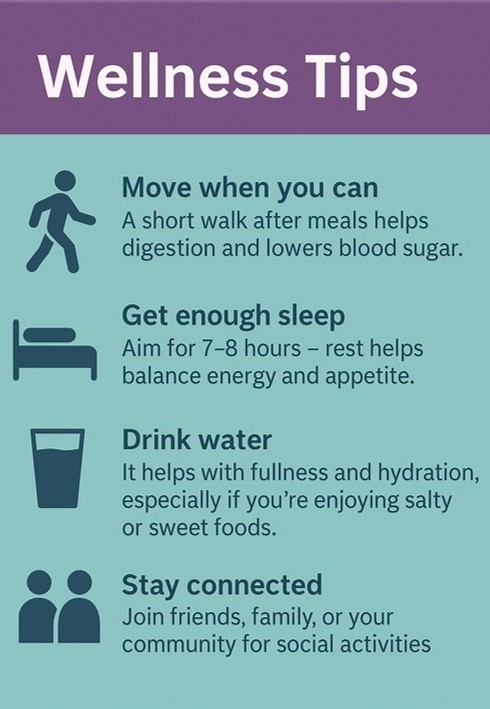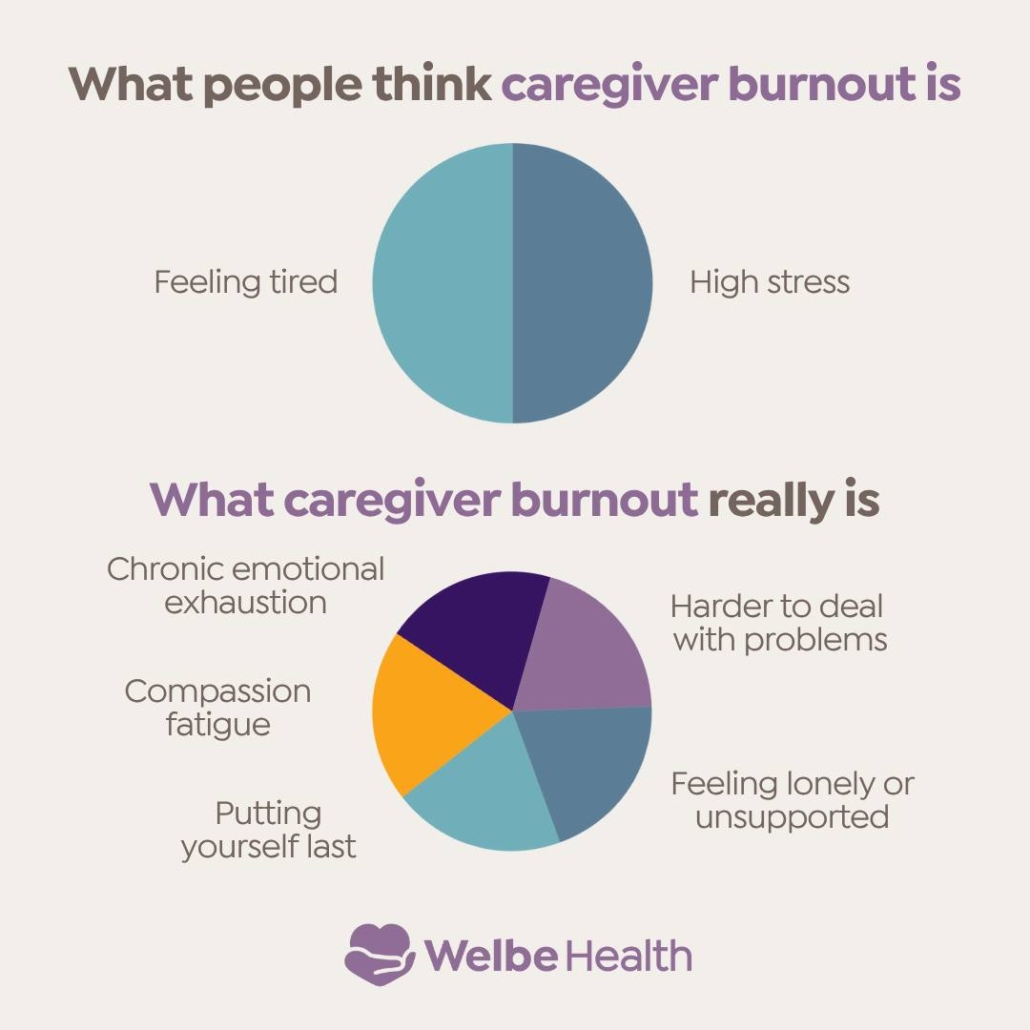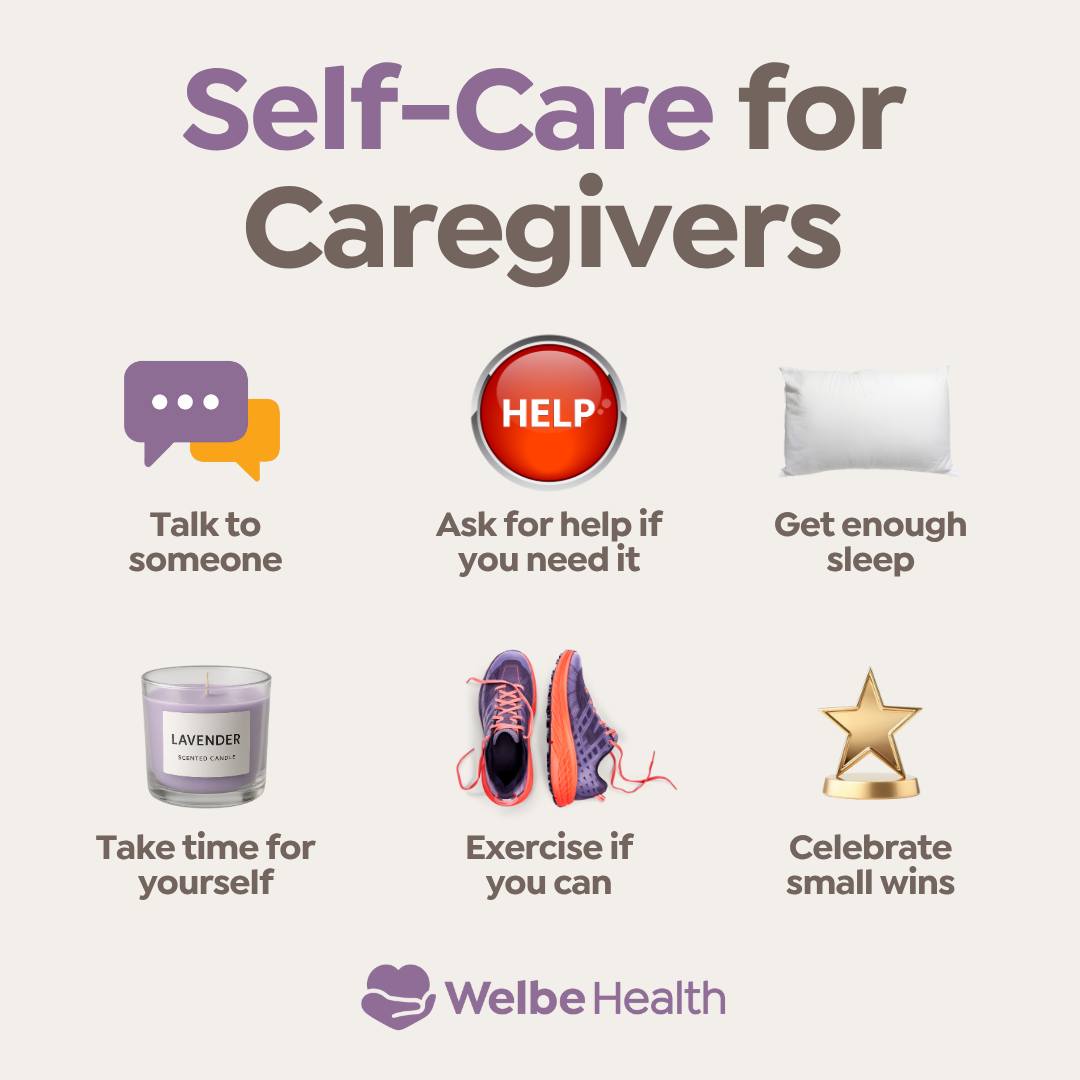Simple Steps to Stay Active at Home
Staying active at home is a great way to stay healthy and feel your best, no matter your age. This guide shares easy tips from our Wellness Webinar led by James Yang, Occupational Therapist at WelbeHealth on ways to move more, even if you have no equipment or health challenges. Learn how small steps can lead to big changes.
Moving your body helps you stay strong, happy, and independent. It’s never too late to start. Simple exercises and daily routines can make a big difference.
In this blog, you’ll learn:
- Why it’s important to stay active as we age
- How to build strength, balance, and add movement to your day
- Easy exercises you can do at home
Why Is It Important to Stay Active?
Keeping active helps both your body and your mind. Regular movement can make you feel happier, sleep better, and lower your risk of many health problems.
How Does Exercise Help?
- Helps you sleep better at night
- Lowers stress and anxiety
- Reduces high blood pressure
- Lowers the risk of heart disease, diabetes, and some cancers
- Makes everyday tasks like cooking and cleaning easier
- Helps you stay independent longer
- Boosts your mood and brain health
The CDC (Centers for Disease Control and Prevention) recommends that older adults move for 30 minutes a day, 5 days a week, and do muscle-strengthening exercises two times a week.
How Much Exercise Do I Need?
Even a little movement each day can help you feel better. If 30 minutes sounds like too much, start with what you can do—even five minutes counts!
What Are Easy Ways to Build Strength and Balance?
As we get older, moving around gets challenging. This makes daily tasks harder and can increase the chances of falling, getting sick, or needing extra help. With age, muscles get smaller and weaker. But the good news is that we can build strength and balance with simple exercises.
How Can I Get Stronger at Home?
- Use things around the house: Try cans of food, water bottles, or books as weights.
- Chair exercises, like seated marching or arm circles, are safe and simple.
- Practice bodyweight moves such as squats, lunges, and pushups.
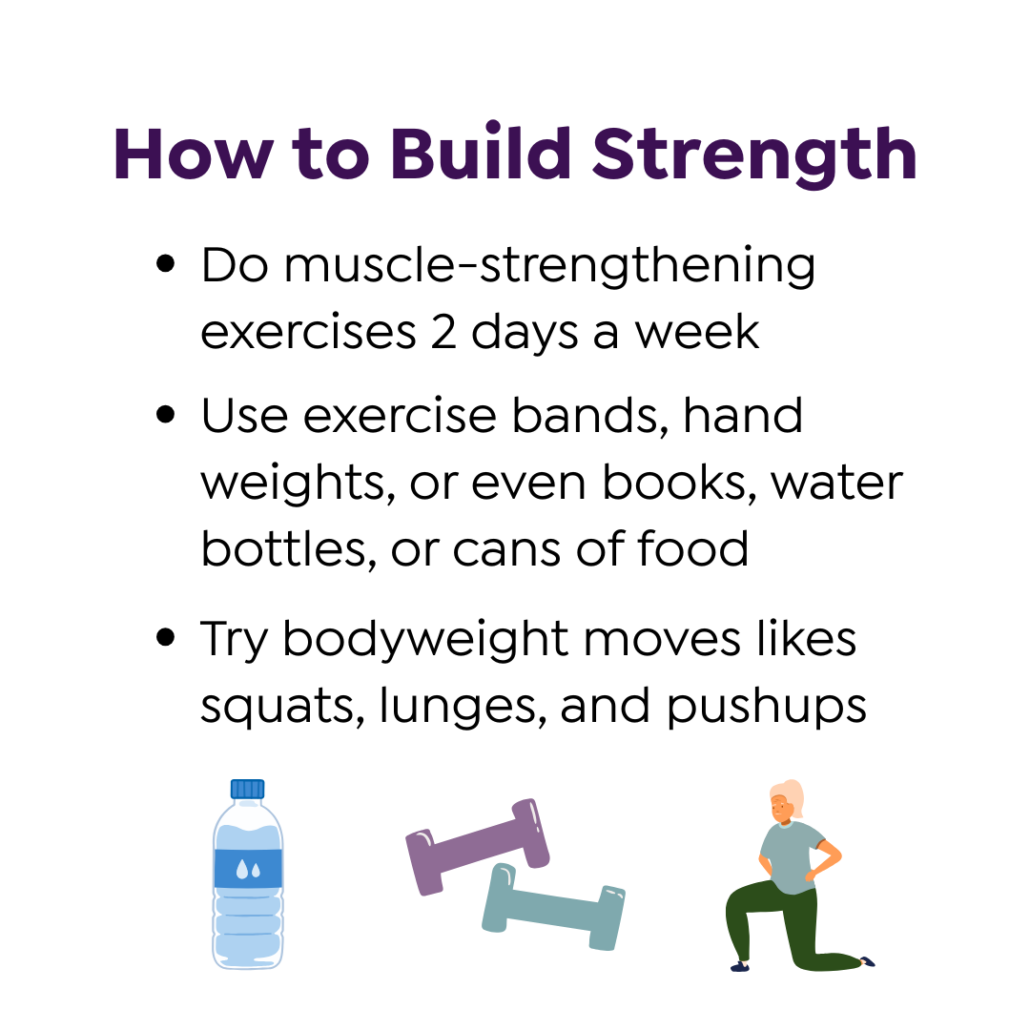
How Can I Improve My Balance?
- Stand on one foot (hold onto a chair if needed).
- Walk backward or sideways
- Try Tai chi or yoga
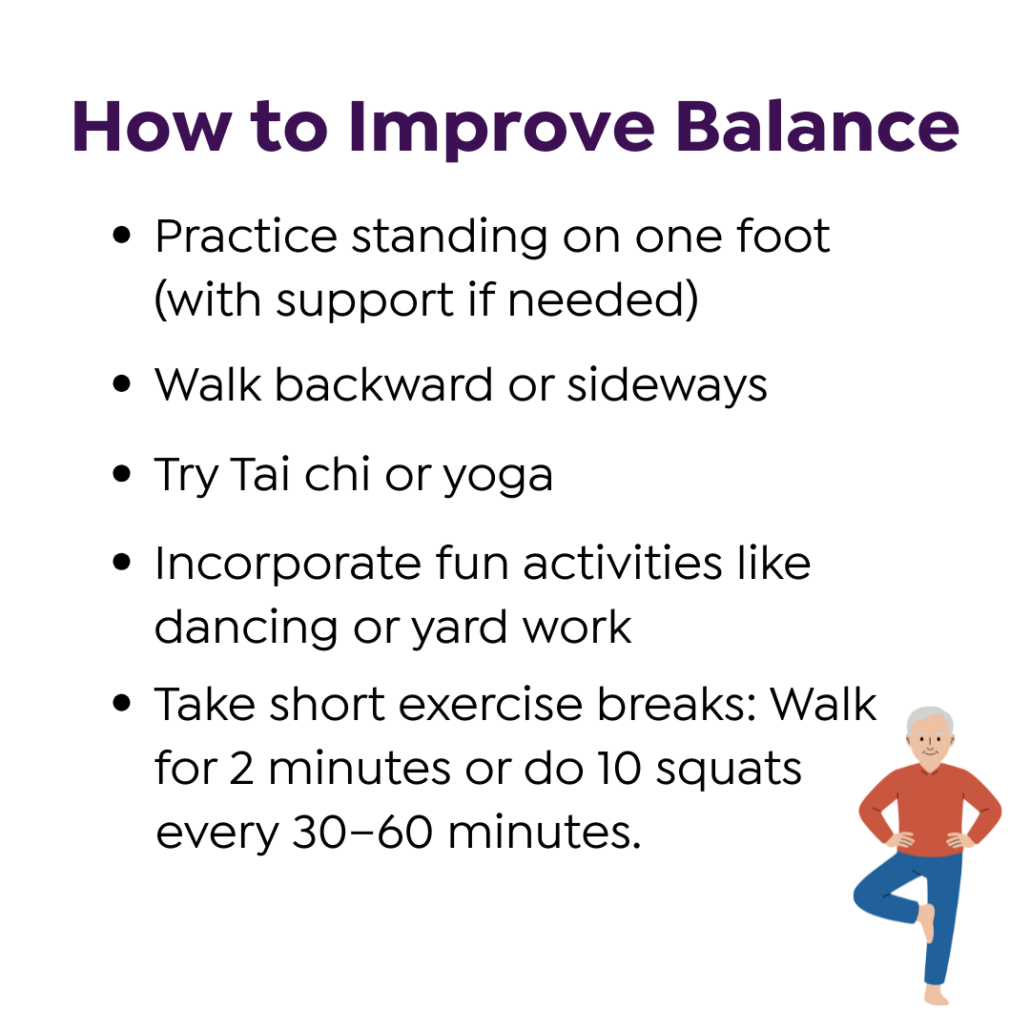
You don’t need a gym or a special workout to be active. Turn daily chores and simple activities into exercise!
If you have health problems like heart disease or diabetes, your doctor can help you find safe ways to stay active.
You can ask:
- How can exercise help me as I get older?
- What activities are best for me?
Easy Exercises You Can do at Home
Here are a few easy movements you can do:
Chair Exercises:
- Seated Marching: Sit in a sturdy chair and lift one knee, then the other, like you’re marching.
Do this for 1–2 minutes. - Arm Circles: Sit or stand with your arms out to the sides. Make small circles forward and backward.
Do 10–15 circles each way. - Toe and Heel Lifts: Sit or stand. Lift your toes while keeping your heels down, then lift your heels while keeping your toes down.
Balance Exercises:
- Heel-to-Toe Walk: Hold onto a chair. Place one foot in front of the other so the heel touches the toes. Hold for 10–15 seconds, then switch feet.
- Single-Leg Stand: Hold onto a chair. Lift one foot slightly off the ground and balance.
Hold for 10 seconds, then switch legs.
Stretching:
- Upper Body Stretch: Reach both arms overhead and stretch gently.
Hold for 10 seconds. - Neck Rolls: Slowly roll your head in a circle, one way, then the other.
- Shoulder Rolls: Roll your shoulders forward and backward 10 times each.
Next Steps and Resources
Staying active as we age is key to feeling good. Start small, be patient, and celebrate your progress as you build a healthier, happier, and more independent life. To wrap up, here are some easy ways to stay active at home:
- Set a routine: Move at the same time every day to build a habit
- Use Everyday Activities: Turn chores like cleaning or gardening into mini workouts
- Take breaks: Stretch or walk during TV commercials or between reading chapters
- Drink Water: Stay hydrated and practice deep breathing
- Create a Safe Space: Remove clutter, use good lighting, and have sturdy furniture for support
- Stay Connected: Join online fitness classes or walk while chatting with a friend
- Listen to Your Body: Move gently, rest when needed, and don’t overdo it
Helpful Resources
- Local Senior Centers: Offer social activities and wellness classes. Check your city’s Parks & Recreation or Aging Services Department.
- Online Tools: Look for reputable sources to guide your activity plans.
- National Institute on Aging (NIA): Safe exercise and health tips.
- Office of Disease Prevention and Health Promotion, Move Your Way Program: Free videos, workout planning tools, and resources to help you live a more active life.
- YouTube: Find free workout videos for all fitness levels.
It’s your life. Live it your way.
WelbeHealth provides full-service healthcare and personalized support to help your loved ones age well at home and in your community. Our Program of All-Inclusive Care for the Elderly (PACE) meets the changing needs of seniors, often at no cost, while helping you navigate life as a caregiver. To see if you qualify, call: (888) 750-0248 | TTY 711 or visit: welbehealth.com/contact










